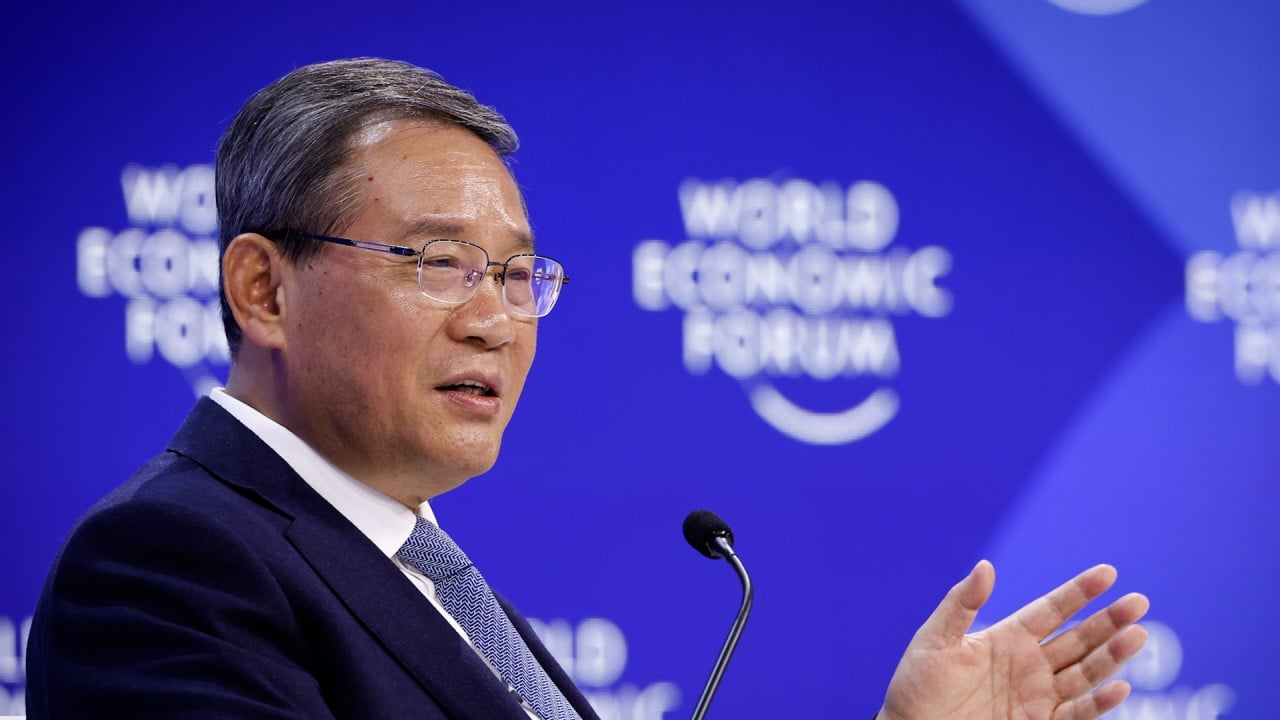
02:31
China GDP: Beijing’s long to-do list to boost its economy in 2024
China’s economic ‘recovery is still shaky’ as Beijing looks to get it back on solid footing in 2024
- While China’s economy grew in 2023 by 5.2 per cent, analysts say that maintaining the same pace in 2024 ‘will prove a lot more challenging’
- Economic concerns continue to stem largely from a property sector slump, waning investor confidence and a weak private sector – big priorities for Beijing
Beijing is facing a “more challenging” environment in which it must steer China’s economy in 2024, and rising to the challenge requires that leadership digs deeper into its toolbox to ease mounting pressure from debt, deflation and weak confidence, according to analysts.
The assessment came as the states of property, debt and trade remain worrisome despite the National Bureau of Statistics (NBS) on Wednesday reporting a higher-than-expected 5.2 per cent economic expansion last year.
“Recovery is still shaky,” the London-based research firm Capital Economics said in a note. “China’s economy lost momentum in the fourth quarter, and we suspect that’s because [policymakers] failed to acknowledge the full extent of the weakness earlier in the year.”
The world’s second-largest economy also grew by 1 per cent in the last three months of 2023 from the previous quarter, the NBS said, after quarter-on-quarter growth had picked up to 1.5 per cent in the third quarter due to Beijing’s stimulus efforts to prevent the economy from sliding off track.
The third-quarter sequential growth was revised by the NBS on Thursday, up from the 1.3 per cent previously reported.
“Achieving the same pace [as last year] in 2024 will prove a lot more challenging,” the research firm said.
Larry Hu, chief China economist at Macquarie, warned that economic slackening could persist in the first quarter of 2024 given headwinds such as lukewarm demand, deflationary risks and property-sector distress.
“The property sector’s slump is a main culprit for the weak demand, weak momentum and weak sentiment. This is a priority for Beijing,” he said.
Property investment, which has been a major drag on the post-Covid recovery, fell by 9.6 per cent for all of 2023, after dropping by 9.4 per cent in the first 11 months of the year.
‘Growth nothing to write home about’: 7 takeaways from China’s economic data
Chinese authorities are set to reveal their annual growth targets – including for gross domestic product, the deficit ratio, the local bond quota and inflation – in March.
Speaking at a press conference on Wednesday, Kang Yi, head of the statistics bureau, said that policies adopted last year – including 1 trillion yuan (US$139 billion) worth of special treasury bonds approved in October – will take effect this year, and that the central government will prepare new batches of supportive policies.
“They will ensure the stable operation of the national economy,” he said. “Our policy toolbox is constantly being enriched. There is relatively large room for manoeuvre in fiscal, monetary and other policies.”
Many economists have warned of the lingering weak confidence in both private investment and consumption.
In a sign of persistent weak sentiment, investment in the private sector fell by 0.4 per cent last year, compared with a rise of 3 per cent for overall fixed-asset investment last year.
Retail sales growth slowed to 7.4 per cent in December, from 10.1 per cent a month earlier, while retail sales in 2023 grew by 7.2 per cent compared with a year earlier.
Consumption contributed to 4.3 per cent of last year’s growth, compared with 1.5 per cent from investment. Net exports dragged the 2023 growth by 0.6 percentage points.
Chen Zhiwu, chair professor of finance at the University of Hong Kong, said restoring confidence would be key, but that it would take much more than just talk.
“The really useful and meaningful way to boost household and private business confidence is to depoliticise both economic policymaking and the business sector,” he said. “Otherwise, the ‘3D’ challenges – deflation, debt and deleveraging – will continue.”


